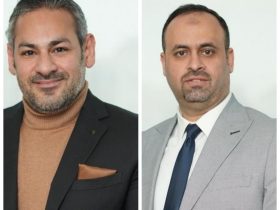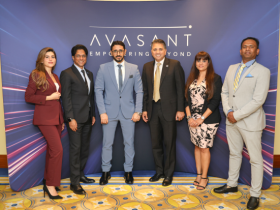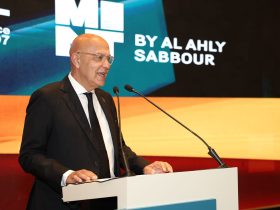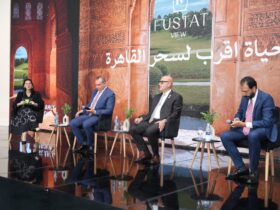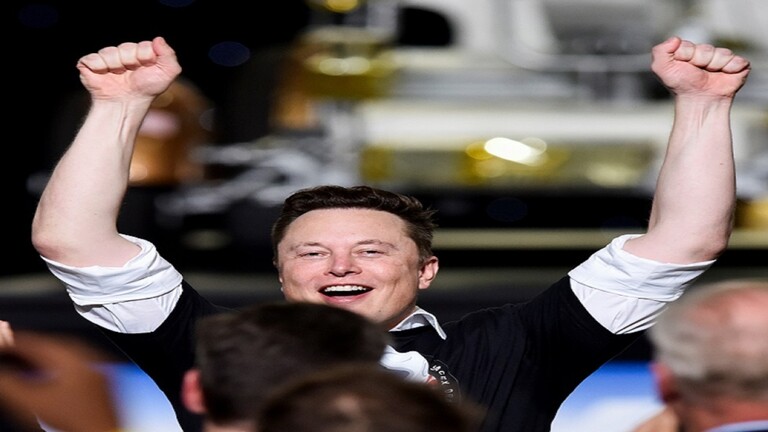Dubai – Masaader News
To tackle the double challenge of energy poverty and climate change – producing clean, affordable energy at a pace that will meet rising demand without environmental detriment – all stakeholders must step up efforts to transform the world’s energy systems for everyone’s benefit, United Nations Secretary-General António Guterres said Wednesday.
“Energy is the golden thread that connects all the Sustainable Development Goals (SDGs),” the Secretary-General told a High-Level Symposium on Global Energy Interconnection, at UN Headquarters today, where participants gathered to discuss ways to advance the 17 globally-agreed Goals.
Modern energy services are integral to poverty reduction, food security, public health and quality education for all. Moreover, they are the key to sustainable industrialization, healthier more efficient cities and successful climate action.
Despite this understanding, Mr. Guterres said the world is still far from achieving the vision of SDG7 on affordable and clean energy for all. Indeed, some one billion people still live without any access to any electricity at all – 500 million in Africa and more than 400 million in the Asia-Pacific region. And three billion still cook and heat their homes without the benefit of clean fuels and more efficient technologies.
“So, the world needs more energy, and – in particular – more clean energy,” Mr. Guterres continued, but stressed that as this need rises, the world is experiencing rising temperatures and in 2016, atmospheric levels of carbon dioxide surged to a new high.
Recalling the sobering report issued just yesterday by the UN Environment Programme (UNEP) which found that pledges made under the Paris Agreement are only a third of what is required by 2030 to avoid the worst impacts of climate change, the Secretary-General said falling short of the agreed 2 degrees Celsius temperature rise would be “catastrophic.”
Against this background, and in light of the devastating hurricane season that had just battered the Caribbean and similar extreme weather events elsewhere, urgent climate action is needed. “That means transforming the world’s energy systems. It means promoting modern technologies than can fulfil energy needs without polluting the environment and pumping greenhouse gases into the atmosphere,” Mr. Guterres explained.
He said today’s Symposium could help point the way, as it would feature both policy- and technical-level presentations on how to strengthen global energy interconnection through the deployment of smart grids.
“With smart grids it is now feasible to generate, transmit and distribute power efficiently, cutting transmission losses and providing clean, affordable, economically viable and environmentally sound energy services,” he stated.
Echoing the Secretary-General’s sense of urgency, Liu Zhenmin, the UN Under-Secretary-General for Economic and Social Affairs, said the 2030 Agenda for Sustainable Development, with its 17 SDGs and 169 targets, puts a strong emphasis on inter-linkages. As such, progress in implementing SDG7 on energy is bound to impact delivery on other Goals.
“Likewise, without increased access to modern energy, energy efficiency and renewable energy, there will be no progress on climate action,” he said, emphasizing: “So, we need to move from silo to synergy.” And in that regard, the UN is reforming its development system in response to the 2030 Agenda to provide more coherent support to Member States.
Turning to the role of SDG7 in the broader context of the 2030 Agenda, Mr. Liu highlighted three key points:
Ensuring access to affordable, reliable, sustainable and modern energy for all is fundamental to a peaceful, inclusive and sustainable work, and a necessary investment in our collective future;
Energy is inextricably linked to most of the global challenges now and in the future, including poverty, food security, clean water, infrastructure, public health, education, economic growth, youth’s and women’s empowerment, and climate change; and
Access to modern energy must go beyond residential power access. It must aim to unlock new entrepreneurial opportunities for the growing workforce, so that they can become the next global engine for the new economies of the future.
“New technologies, new business models, and new approaches to capacity building are all needed to transform the world and achieve global sustainable development. The global energy interconnection, through smart grids, offers one such avenue,” he said.
But such global energy interconnection, or GEI, can only work in partnership. “The technology for worldwide energy connectivity is there. The barriers are institutional, not technological,” stated Mr. Liu, calling for a change in mindset, and stressing that decisive progress can only be made through partnerships that mobilize and share knowledge, expertise, technology and financial resources are indispensable to succ
Focus Keywords
#Dubai Masaader News #Affordable Energy #UN Masaader News #environment Masaader News #




